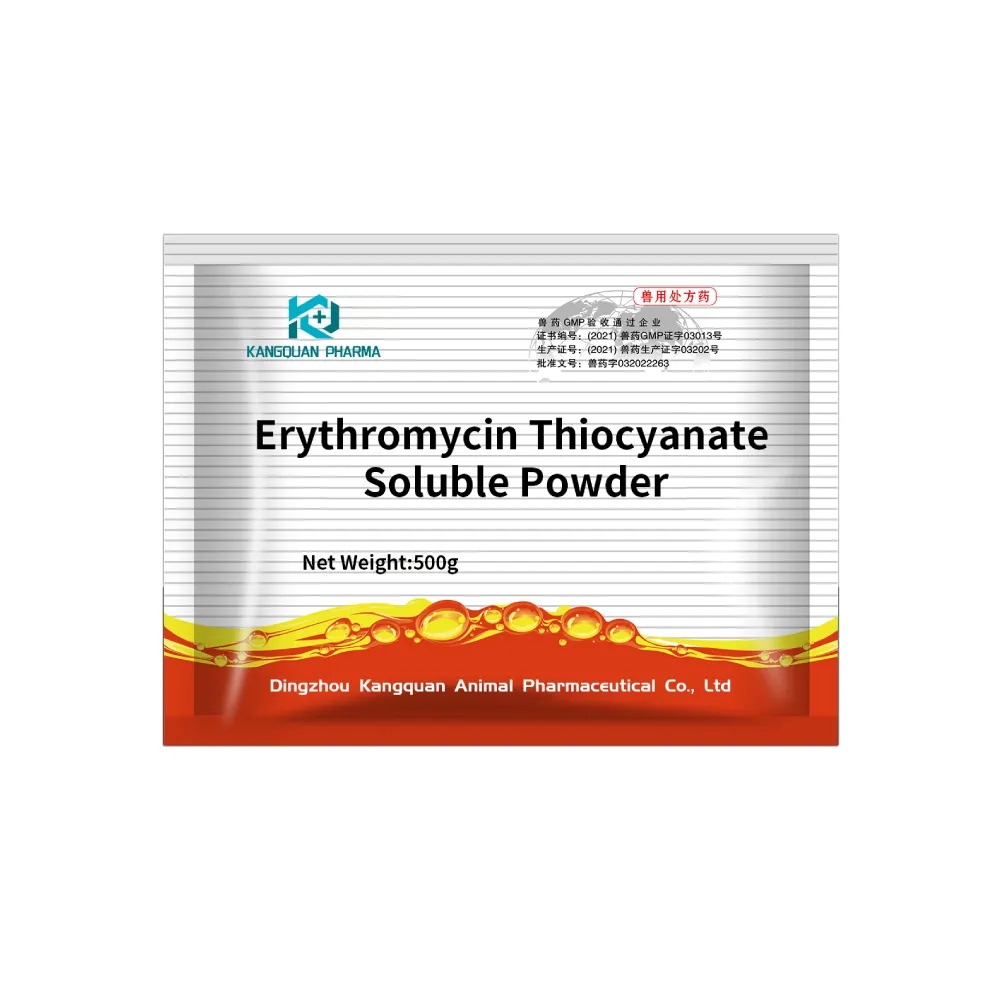- Afrikaans
- Albanian
- Amharic
- Arabic
- Armenian
- Azerbaijani
- Basque
- Belarusian
- Bengali
- Bosnian
- Bulgarian
- Catalan
- Cebuano
- Corsican
- Croatian
- Czech
- Danish
- Dutch
- English
- Esperanto
- Estonian
- Finnish
- French
- Frisian
- Galician
- Georgian
- German
- Greek
- Gujarati
- Haitian Creole
- hausa
- hawaiian
- Hebrew
- Hindi
- Miao
- Hungarian
- Icelandic
- igbo
- Indonesian
- irish
- Italian
- Japanese
- Javanese
- Kannada
- kazakh
- Khmer
- Rwandese
- Korean
- Kurdish
- Kyrgyz
- Lao
- Latin
- Latvian
- Lithuanian
- Luxembourgish
- Macedonian
- Malgashi
- Malay
- Malayalam
- Maltese
- Maori
- Marathi
- Mongolian
- Myanmar
- Nepali
- Norwegian
- Norwegian
- Occitan
- Pashto
- Persian
- Polish
- Portuguese
- Punjabi
- Romanian
- Russian
- Samoan
- Scottish Gaelic
- Serbian
- Sesotho
- Shona
- Sindhi
- Sinhala
- Slovak
- Slovenian
- Somali
- Spanish
- Sundanese
- Swahili
- Swedish
- Tagalog
- Tajik
- Tamil
- Tatar
- Telugu
- Thai
- Turkish
- Turkmen
- Ukrainian
- Urdu
- Uighur
- Uzbek
- Vietnamese
- Welsh
- Bantu
- Yiddish
- Yoruba
- Zulu
8 月 . 13, 2024 15:16 Back to list
Effective Solutions for Veterinary Sanitation and Infection Control in Animal Care Facilities
The Importance of Veterinary Sanitizers in Animal Health
Veterinary sanitizers play a crucial role in maintaining the health and well-being of animals in various settings, including veterinary clinics, farms, and shelters. These specialized cleaning agents are designed to eradicate harmful pathogens that can cause disease in both domestic and farm animals. The significance of these sanitizers cannot be overstated, as they are integral to preventive health measures and biosecurity protocols in animal care.
One of the primary functions of veterinary sanitizers is to reduce the risk of zoonotic diseases, which are infections that can be transmitted between animals and humans. For instance, diseases such as leptospirosis, rabies, and ringworm pose significant health risks not only to animals but also to the people who handle them. By regularly disinfecting surfaces and equipment with veterinary sanitizers, the spread of these pathogens can be minimized, creating a safer environment for both animals and humans.
There are several types of veterinary sanitizers available on the market, and each is formulated to target specific types of organisms. Quaternary ammonium compounds, for example, are effective against bacteria and enveloped viruses, making them suitable for routine cleaning in veterinary hospitals. Other products may contain chlorine compounds, which are excellent for eliminating a broader spectrum of pathogens, including fungi and some resistant bacterial spores. It is essential for veterinary staff to choose the appropriate sanitizer based on the specific pathogens they are dealing with and the environment in which the product will be used.
veterinary sanitizer

Proper usage of veterinary sanitizers is vital for their effectiveness. This includes following the manufacturer’s instructions regarding dilution, contact time, and application methods. For instance, many sanitizers require surfaces to remain wet for a specified period to ensure complete disinfection. Neglecting these parameters might lead to inadequate sanitation, allowing harmful pathogens to survive and potentially cause outbreaks of illness among animals.
In veterinary clinics and shelters, where animals with differing health statuses are treated, the risk of cross-contamination is significant. Maintaining a strict sanitation protocol is essential to protect vulnerable animals, especially those that are already sick, young, or immunocompromised. Regularly disinfecting kennels, examination tables, and waiting areas reduces the likelihood of nosocomial infections — infections acquired in a healthcare setting — thereby safeguarding the health of all animals under care.
Furthermore, veterinary sanitizers also play a crucial role in biosecurity on farms. The introduction of new animals to a herd can bring in potential pathogens. Thus, using effective sanitization practices when integrating new animals and cleaning equipment can help control disease outbreaks. Farmers are increasingly recognizing the importance of comprehensive sanitation measures as a fundamental component of animal husbandry, ensuring the health and productivity of their livestock.
In conclusion, veterinary sanitizers are an essential tool in the arsenal of animal health management. Their proper use helps prevent the spread of diseases, protect the well-being of animals, and safeguard public health. As the veterinary field continues to evolve, ongoing education about the latest sanitation technologies and practices will be crucial to enhancing the effectiveness of these tools. As such, veterinarians, veterinary technicians, and caregivers must remain vigilant in their efforts to implement effective sanitation protocols that will contribute to healthier animals and ultimately, a healthier society.
-
The Power of Radix Isatidis Extract for Your Health and Wellness
NewsOct.29,2024
-
Neomycin Sulfate Soluble Powder: A Versatile Solution for Pet Health
NewsOct.29,2024
-
Lincomycin Hydrochloride Soluble Powder – The Essential Solution
NewsOct.29,2024
-
Garamycin Gentamicin Sulfate for Effective Infection Control
NewsOct.29,2024
-
Doxycycline Hyclate Soluble Powder: Your Antibiotic Needs
NewsOct.29,2024
-
Tilmicosin Premix: The Ultimate Solution for Poultry Health
NewsOct.29,2024













